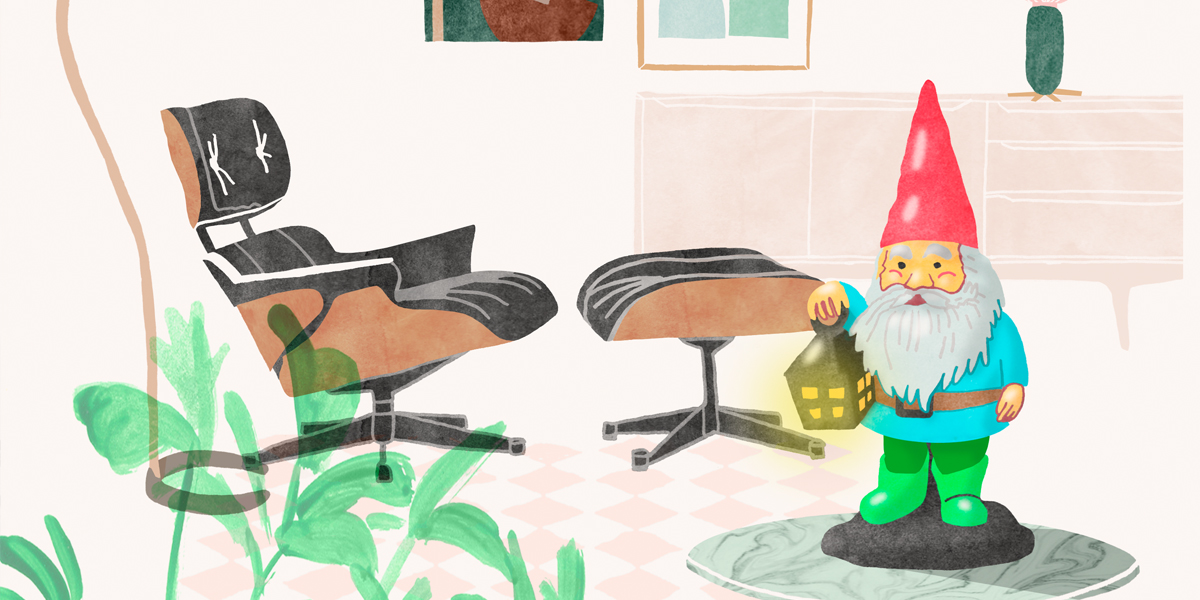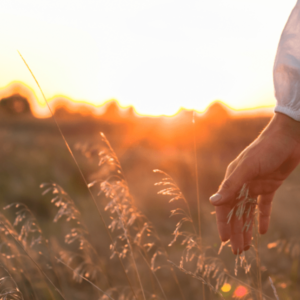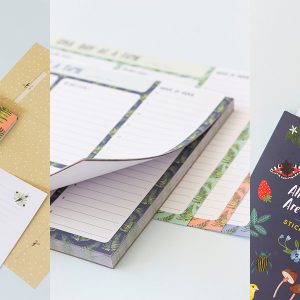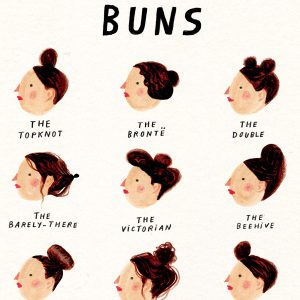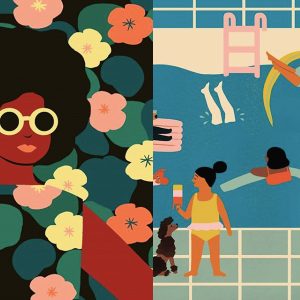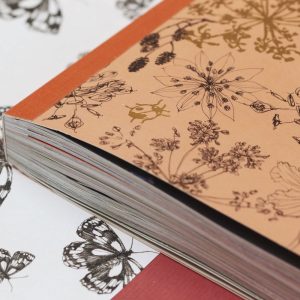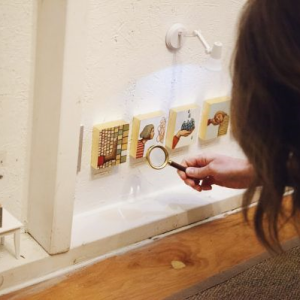Can you read a trashy magazine and do a philosophy course? Of course you can. nowadays, fewer and fewer people are put into boxes, and that opens up new possibilities, as journalist Fleur Baxmeier discovers.
The romance novel
According to the Merriam-Webster dictionary a guilty pleasure is ‘something pleasurable that induces a usually minor feeling of guilt’. Asking around my circle of friends, I learn that everyone has one, often several. Like my colleague Flora, who adores the Great American Novel by writers like Jonathan Franzen, John Irving, Richard Yates and Amy Bloom, but is also a fan of TV host Dr. Phil. Or my friend Anne, who loves the Kardashians. And the reality series Utopia is also mentioned several times.
What strikes me more as I ask around is that many people think that guilty pleasures are a recent development. But it’s quite likely that they’ve always been around. Take the novel, for example. In our view, it’s a higher art form, but in the 17th and 18th centuries, people thought they were popular culture because ‘real writers’ were occupied with poetry and plays. At the time, novels were looked down upon much like the Romance genre of today.
Well-to-do life
Unlike in the 17th or 18th centuries, we no longer have to keep our guilty pleasures a secret. Read trashy magazines and take a philosophy course? It’s fine to do both. As is loving TV programs like Say Yes to the Dress, looking forward to a big society wedding, or rabidly following famous people on Instagram.
Attending a football match is no better or worse than spending an afternoon in a museum. These days, it’s not so easy or usual to put people into boxes, and that’s fine too.“This development began in the 19th century,” says Dutch sociologist Ruut Veenhoven, who has studied human happiness for more than 40 years. “Before then, guilty pleasures were things that did not belong to your social class,” he says. “If you wanted to keep up your high status, you could not afford to have lower-class pleasures. That applied very strongly in the Middle Ages: at the time there were three classes that absolutely did not mix. Later, the bourgeoisie became a separate class—divided into upper and lower middle class, and the workers (peasants). By the 1800s, if you led a well-to-do life, you had to love classical music, go to the opera, and things like that.”
- Read the full story ‘Allow yourself a guilty pleasure’ in Issue 31.
Text Fleur Baxmeier Illustratie Deborah van der Schaaf
Find all our current promotions, discount codes and sale here


